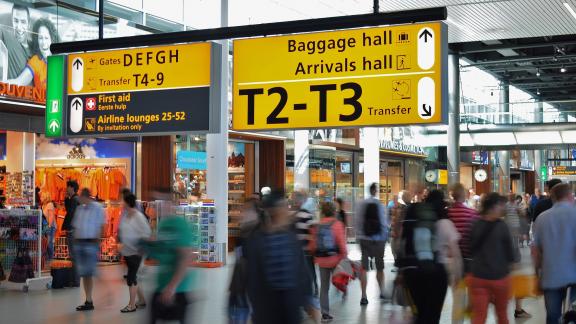Q. I found the presentation fascinating. Are there tools used to measure how effective the interventions were in retaining IENs? Also, are they internal conducted to explore if newly-recruited IENS plan to stay in England/the UK?
A. In the international nursing group recruited since August 2021 the turnover is 3.3 per cent. All sponsored staff are written to in their 3rd year of sponsorship to explore their intentions, provide advice on what they need to do next, are offered local conversations at department level and career development conversations with their manager with opportunities to transfer to another practice setting without further application or interview. All IENs/IEMs undertake the preceptorship programme which also explores career pathways and intentions.
Q. Is the Preceptorship Program specific to IENs? What are key elements differentiated with the general preceptorship program?
A. No, our preceptorship programme has been designed with newly qualified nurses, IENs and experienced staff with staff new to the NHS in mind. It uses the standards set by the National Preceptorship Framework for Nurses.
Q. Are any of these interventions evidence based?
A. Yes, Scouse School is evidence-based. Language support is known to support the integration of internationally educated staff. More importantly, it was co-designed by managers and IENs based on their lived experiences.
Q. Indefinite leave to remain (ILR) is expensive, is there any support groups that could help, and the staff can pay it back as instalments or salary deduction?
A. Given the number of doctors, nurses and AHP recruits, it is not financially viable particularly in this current economic climate. Recruits are made aware from the very beginning about the visa renewals, ILR and citizenship costs. Signposting on immigration information, among other things, is included in their welcome pack.
We salary advance via payroll on UK arrival £1000 and this is paid back in six monthly instalments as salary sacrifice.
Q. All the initiatives to support IENs is planned for the IENs themselves, what about the staff they will be working with, are they trained to accept this IENs to help make them feel part of the team irrespective of cultural or personality differences?
A. Managers have pre-arrival meetings, arrival transition meetings, access to National Cultural Competency training, and have site-based meetings for new arrivals for all staff groups.
Q. What is the NHS doing to create a sustainable, ethical balance between recruiting international nurses and investing in homegrown talent?
A. As an NHS employer, our attraction and recruitment strategy include short-, medium- and long-term actions, with apprenticeships now being a focus due to having the largest student nursing associate apprenticeships programme in England with 200 qualified RNAs and a large number in training. In addition, we support other clinical apprenticeship routes leading to professional qualifications in nursing, midwifery and operating department practitioners.
Q. What mental health and wellbeing support is available for international nurses who may experience additional stress from relocation?
A. We have a pastoral care support team (practice development nurses); IENs receive restorative supervision offered by our professional nurse advocates; they are invited to the Ethnic Minority Nurses & AHP Forum which meets quite regularly.
Our health and wellbeing service offers staff support and counselling as well as signposting to external resources. We engage with nursing diaspora communities and enable them to host events and meetings at our hospital sites.
Q. Do you have any living in the UK source/s that can be accessed by IENs?
A. We have developed an information booklet that is specific to our locality which form part of their welcome pack. The NHS Future platform also hosts resources available for living in the UK.
Q. Please could you share a copy of your cultural awareness training?
A. Cultural Competence and Cultural Safety - elearning for healthcare (e-lfh.org.uk)
Q. If the speakers were to provide one key take away for trusts on how best to embed IENs into their workforce, what would it be and why?
A. Be understanding and perceptive of their needs and do your best to meet these needs. Acknowledge post registration experience skills and knowledge gained outside the UK.
Q. International nurses may have different perspectives on safeguarding patients compared to what we are taught in the UK. What additional safeguarding training or support do we provide to these new recruits, beyond the standard Level 3 safeguarding training?
A. Exposure to how to deal with safeguarding issues in the real world; mentorship within the clinical environment.
Q. How do trusts prepare their wards for the incoming IENs, do they educate staff / ward managers on the best way to support an incoming IEN? Is any training offered to existing staff/wards?
A. Regular engagement with ward managers by the PDNs and OSCE team. Cultural awareness training would be helpful.
Q. Do you pay for the additional two years after the three years visa before they can apply for ILR?
A. Yes. Visa is paid for by the individual after three years, we pay the COS.




